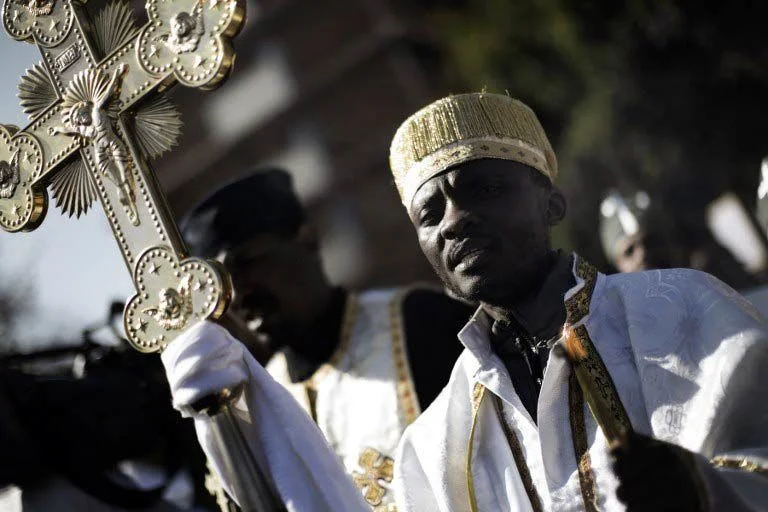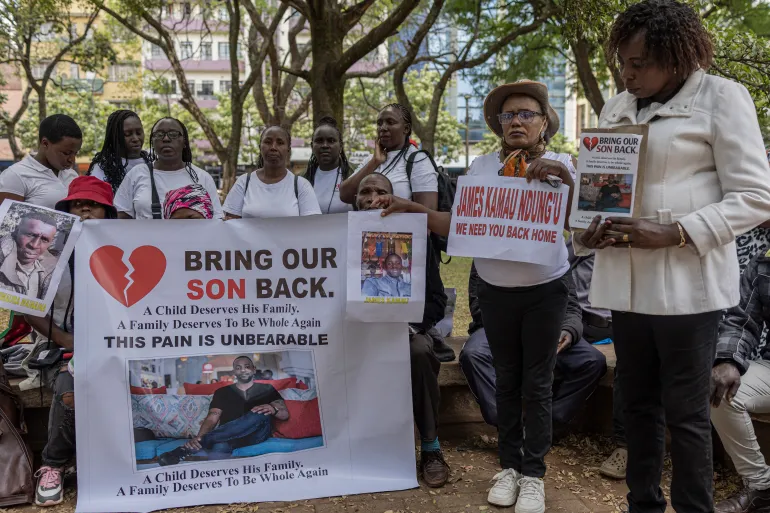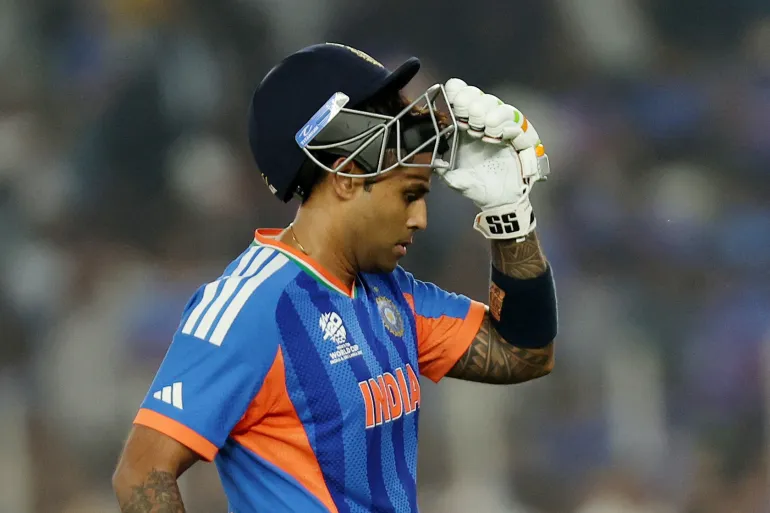West Africa, the interplay between religion and politics raises questions about the need for clearer boundaries between spiritual and state affairs. Countries like Nigeria, Senegal, and Ghana feature religious diversity, with both Christianity and Islam holding significant sway over public life. However, this influence often creeps into the governance space, where politicians rely heavily on religious rhetoric and endorsements to gain public trust and political legitimacy.
Although secular constitutions exist in many West African nations, state policies often show a tilt toward religious preferences. For example, public holidays, government-sponsored pilgrimages, and religious prayers at state events exemplify how governance aligns with religious values. This can alienate citizens who do not subscribe to these beliefs, threatening social cohesion. Additionally, some governments provide financial and logistical support for large religious gatherings, diverting resources that could otherwise be invested in essential public services like health, education, and infrastructure.
The political power of religious leaders, while valuable for peacebuilding efforts, can also interfere with governance. There are instances when governments hesitate to implement progressive policies—such as reforms in gender equality or human rights—fearing backlash from religious communities. Striking a balance between respecting religious freedom and ensuring secular governance is essential for fostering inclusive development in the region. Civil society organizations continue to advocate for policies that emphasize the separation of religion and state to protect the interests of all citizens.























